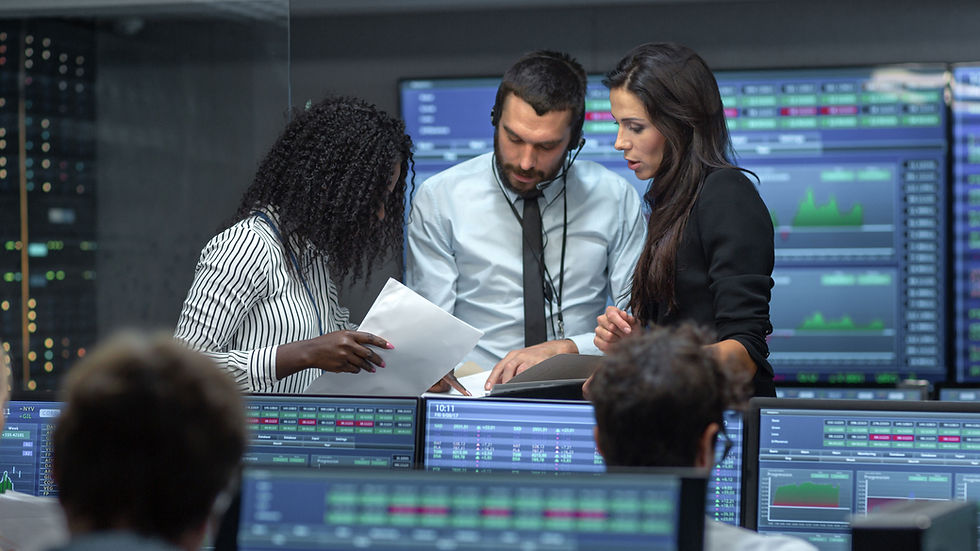Sustainable Development of (Caribbean) SIDS
- mpgoede
- Apr 4, 2012
- 2 min read
Caribbean SIDS
The Caribbean Sea is the second largest sea and has the largest number of SIDS. A total of 23. Small Island Developing States (SIDS) are low-lying coastal countries that share similar sustainable developmentchallenges, including small but growing populations, limited resources, remoteness, susceptibility to natural disasters, vulnerability to external shocks, excessive dependence on international trade, and fragile environments.Their growth and development is also held back by high communication, energy and transportation costs, irregular international transport volumes,disproportionately expensive public administration and infrastructure due to their small size, and little to no opportunity to create economies of scale.
The Caribbean is the most tourism dependent region on the globe. Tourism is the largest contributor to GDP in many Caribbean SIDS. But still accounts for less than 5 percent of global tourism. With a few exceptions they are doing relatively well. But this development is often at the expense of their ecosystems. And now climate change has become a major threat. The Caribbean SIDS are very diverse in history, geography and development. But still they have similarities: a limited and fragile resource base; they are extreme open and sensitive to shocks; because of their small size coastal planning is synonymous with national planning. There is a big variation in development in the group of SIDS. Barbados on the top and Haiti at the bottom. In part this difference is explained by the availability of fossil energy sources. But all the SIDS have access to green energy sources: solar, wind and waves. (Pulwarty, Nurse, Trotz, 2010; Goede, 2011).
Nationalism is a factor in the Caribbean. The islands treasure their independence and selfgovernance. This makes creating alliances difficult despite the similarities. There are similarities in the educational systems and there are regional universities. Communication is difficult because of the geography, language and other cultural differences. Physical communication, transportation, between the islands is difficult. The level of ICT varies per island (Pulwarty, Nurse, Trotz, 2010).
Curacao is only now becoming aware of its status as a Caribbean SIDS. Notwithstanding this fact I was able to convince UNESCO to install the University Chair Caribbean Small Island Developing States in Curacao.
More good news is the fact that in June 2012 Curacao for the first time will be part of the Dutch Kingdom delegation, attending the Rio+20 UN conference.






Comments